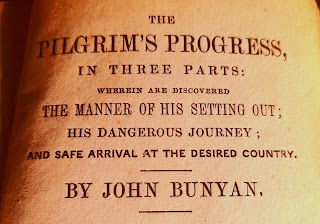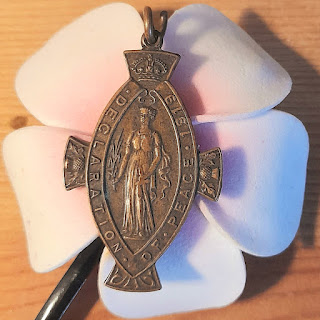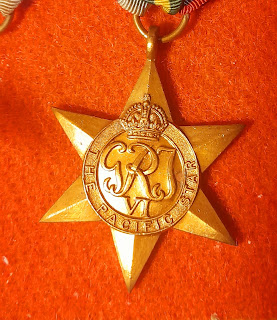Social History In 50 Objects Number 6. - John Bunyan's The Pilgrims Progress

Today's object is my 1842 edition of John Bunyan's The Pilgrims Progress which was first published as a Christian allegorical work of theological fiction in 1678. The Pilgrims Progress is important and significant for some Christian Socialists because it influenced the Beveridge Report. William Beveridge’s lifted Bunyan's same allegorical language contained in The Pilgrim’s Progress, to inspire his own ‘Beveridge Report’, written in 1942. Like Bunyan, Beveridge speaks of slaying the five giants of Want, Disease, Ignorance, Squalor and Idleness. The Beveridge Report, together with Archbishop William Temple’s ‘Christianity and the Social Order’, formed the basis of the post-war settlement and the creation of the Welafre State, NHS, Council Houses, National Insurance etc all implemented by Clement Attlee’s 1945 Government. Clement Attlee’s post-war Labour Government’s was quite Christian in both its ethos and origin. All the new council houses built after 1945 were rega...




